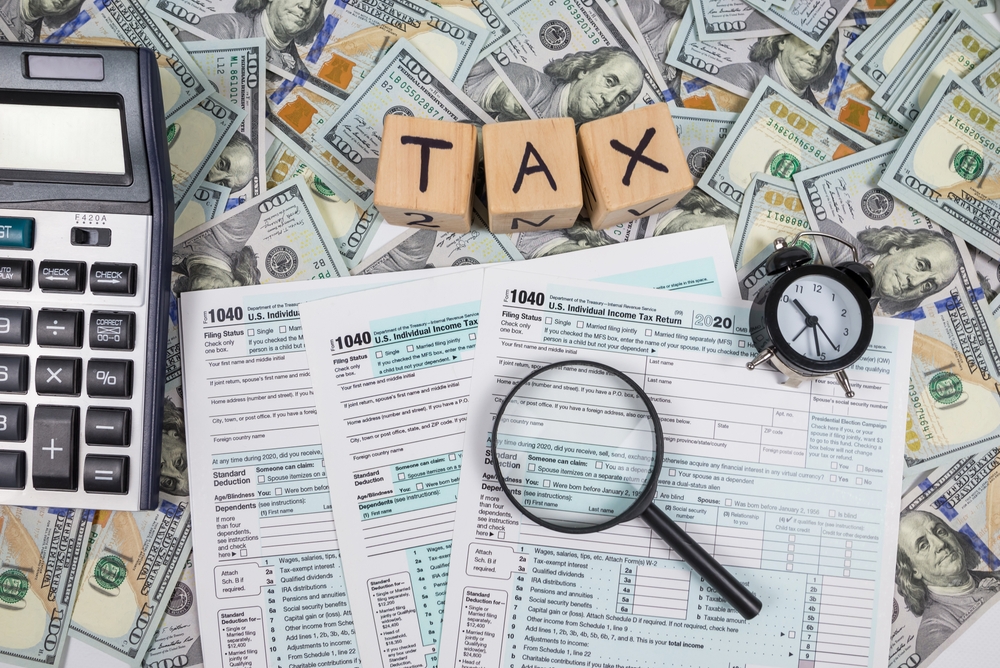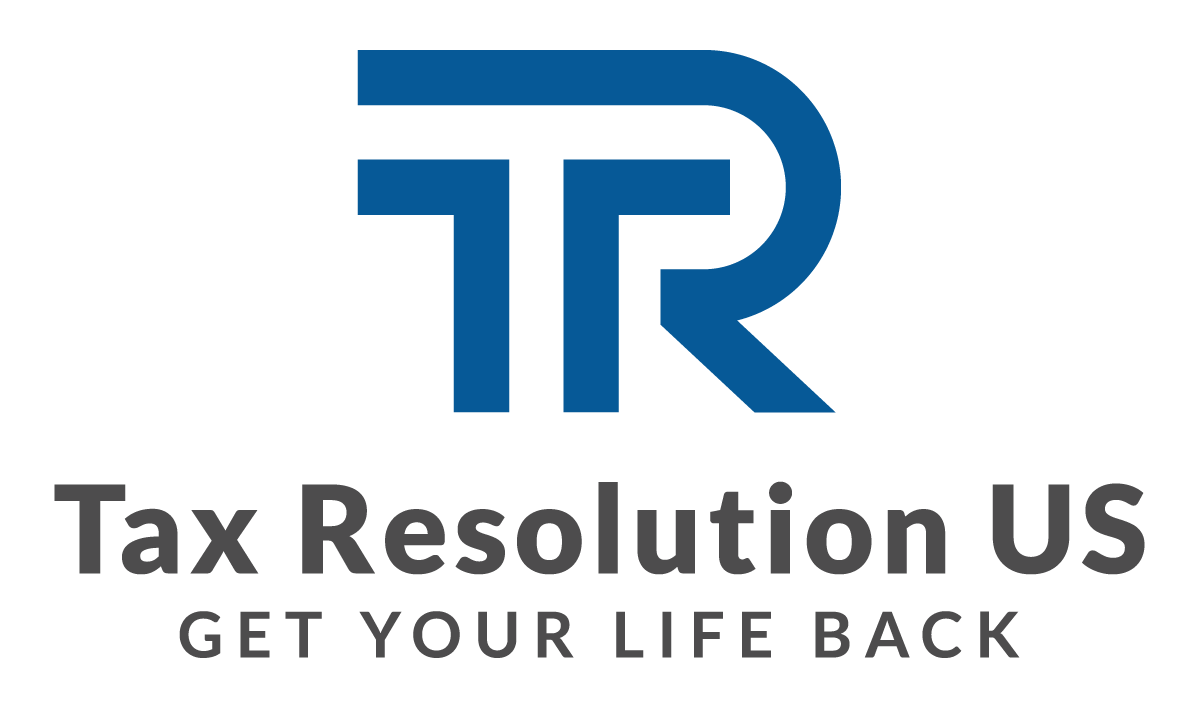How to Resolve Tax Debt Quickly and Safely: A Step-by-Step Guide

Tax debt can be an overwhelming burden, leaving individuals and businesses feeling financially trapped and unsure of the best course of action. Whether you owe the Internal Revenue Service (IRS) due to back taxes, misfiled returns, or other financial hardships, finding the right solution is critical. Fortunately, various options exist for tax debt relief, and by taking the right steps, you can regain control of your finances while avoiding severe penalties. This guide will walk you through the essential steps to resolve tax issues swiftly and safely.
Understanding Your Tax Debt Situation
Before you can address your tax debt, it is crucial to gain a clear understanding of the amount owed and why it accrued in the first place. Start by reviewing your tax returns from previous years and checking IRS notices for any discrepancies. The IRS will usually send letters detailing the outstanding balance, accrued penalties, and any interest charges.
If you are unsure about the total tax liability, you can request a transcript from the IRS to verify the details. This will help you determine if errors were made in your filing or if deductions were overlooked that could have lowered your tax liability. Seeking tax debt help from a professional, such as a tax attorney or an enrolled agent, can provide valuable insight into your specific case. By understanding the full scope of your tax debt, you will be better equipped to explore resolution options.
Exploring IRS Resolution Options
The IRS offers several tax relief programs designed to help taxpayers manage and reduce their debt burden. One of the most common solutions is an installment agreement, which allows taxpayers to make monthly payments on their outstanding balance over time. Depending on your financial situation, you may qualify for a short-term or long-term installment plan, both of which provide relief from aggressive IRS collection actions.
Another option is an Offer in Compromise (OIC), a program that allows taxpayers to settle their tax debt for less than the full amount owed. However, this option requires a thorough review of your income, assets, and expenses to determine eligibility. If you are struggling with significant financial hardship, you may qualify for Currently Not Collectible (CNC) status, which temporarily suspends IRS collection efforts until your financial situation improves.
In some cases, penalty abatement may also be available, which can reduce or eliminate penalties associated with late filing and payment. Understanding these IRS resolution options can help you choose the best course of action for your circumstances. Consulting a tax professional can further assist in determining the most beneficial approach for your specific tax debt issues.
Negotiating with the IRS for Better Terms
Once you have identified a suitable tax relief program, the next step is negotiating with the IRS. Effective communication is key to securing favorable terms for an installment plan or an Offer in Compromise. When submitting your application for any relief program, ensure that you provide accurate financial documentation, including proof of income, expenses, and assets. Transparency and honesty are essential, as discrepancies can lead to rejections or further complications.
If negotiating on your own seems daunting, consider hiring a tax professional to advocate on your behalf. Experienced tax resolution specialists have the expertise to present your case effectively and negotiate favorable terms. They can also help you navigate complex IRS policies and increase your chances of approval. Keeping a record of all communication with the IRS and responding promptly to their requests will further demonstrate your willingness to resolve your tax issues responsibly.
Avoiding Future Tax Debt Problems
After successfully resolving your tax debt, it is essential to take proactive measures to prevent similar issues in the future. One of the most effective ways to avoid tax problems is to ensure timely and accurate tax filings. Keep track of important tax deadlines and consider setting reminders or using tax software to streamline the process.
Maintaining proper financial records and organizing tax documents throughout the year can help you file returns accurately and avoid discrepancies. If you are self-employed or have multiple income sources, consider making estimated tax payments to prevent underpayment penalties.
Working with a tax professional on an ongoing basis can also be beneficial. They can provide tax planning strategies to minimize your tax liability and ensure compliance with IRS regulations. By staying proactive and informed, you can avoid future tax debt problems and maintain financial stability.
Seeking Professional Tax Debt Help
While resolving tax debt independently is possible, seeking professional tax debt help can significantly increase the chances of a successful resolution. Tax professionals, such as enrolled agents, tax attorneys, and certified public accountants (CPAs), have extensive knowledge of IRS regulations and can offer tailored solutions based on your financial situation.
Hiring a tax professional can provide peace of mind, knowing that your case is being handled by someone with expertise in IRS resolution strategies. They can help you navigate complex tax laws, negotiate better terms, and ensure that all necessary documentation is submitted correctly. Additionally, tax professionals can provide valuable guidance on tax planning to prevent future debt accumulation.
Taking the right steps to address your tax debt quickly and safely is crucial for financial recovery. Whether you choose to work directly with the IRS or enlist the help of a tax professional, following a structured approach will help you regain financial control. By understanding your tax debt, exploring resolution options, negotiating effectively, and taking preventive measures, you can resolve tax issues efficiently and move forward with financial confidence.
Need Tax Relief Services Near You?
If you’re feeling overwhelmed by tax debt or unfiled returns, we’re here to help. Here at Tax Resolution US, we’ve been assisting individuals and businesses since 2015, providing expert guidance and personalized solutions to resolve even the toughest tax challenges. Don’t let IRS stress keep you up at night—reach out to us today and let our experienced team help you regain control of your financial future. Reach out to us today for a free consultation and take the first step toward tax relief.
